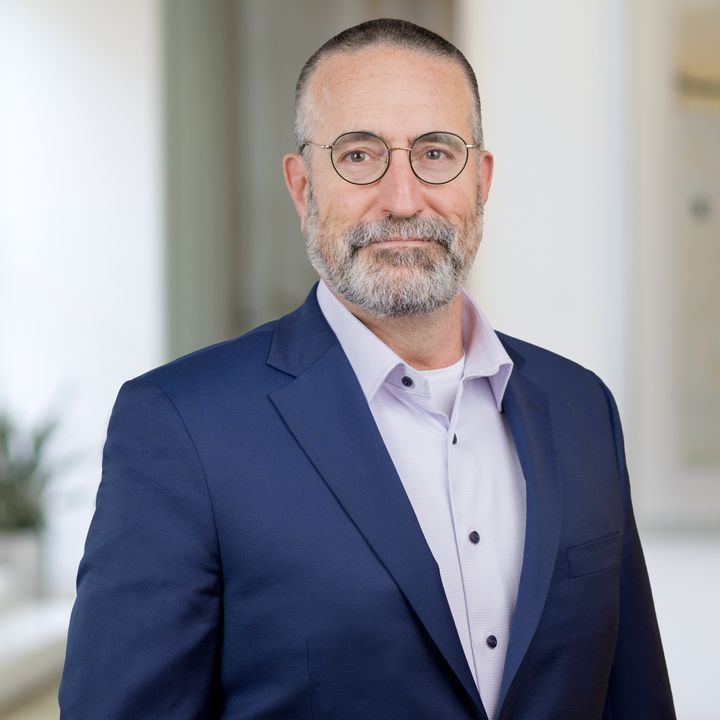Chemical Facility Safety Working Group Issues 90-Day Progress Report
Client Alert | 2 min read | 12.24.13
On December 20, 2013, a multiagency working group issued a report on its progress toward improving safety and security at U.S. chemical facilities. Prompted by the April 2013 ammonium-nitrate explosion in West, Texas, President Obama issued Executive Order 13650, which established the Chemical Facility Safety and Security Working Group. The Group includes, among others, the Occupational Safety and Health Administration (OSHA), the Department of Homeland Security (DHS), and the Environmental Protection Agency. Its progress report touts the "important steps" it has taken in the three-and-a-half months since EO 13650. These steps include public listening sessions to gather stakeholder input and a pilot program in New York and New Jersey to test interagency collaboration as well as federal coordination with state, local, and tribal partners. Such future coordination may include DHS's sharing Chemical Facility Anti-Terrorism Standards (CFATS) data with state, local, and tribal emergency-planning committees.
The four-page report also describes the Working Group's desire "to harmonize the collection and exchange of information to streamline enforcement processes, inform decision-makers at all levels of government and first responders, and avoid duplication of regulatory requirements." Although accomplishing these goals might ease regulated entities' information-sharing burden, increased interagency cooperation may also enhance the government's enforcement capabilities under existing regulations. It is thus critical that stakeholders involved in chemical production, chemical storage, and agricultural supply activities stay current on the Working Group's progress. Those in the oil and gas sector, in particular, should take note of OSHA's recent "request for information" relating to its Process Safety Management (PSM) standard.
Stakeholders may learn more about the Working Group and its efforts by visiting its website. The Group has scheduled four listening sessions in January at which stakeholders may comment on the Group's work. Stakeholders may also submit written comments by email to eo.chemical@hq.dhs.gov.
Insights
Client Alert | 3 min read | 04.23.24
DOJ Promises NPAs to Certain Individuals Through New Voluntary Self-Disclosure Pilot Program
On April 15, 2024, the Acting Assistant Attorney General for the Criminal Division of the Department of Justice (“DOJ”) Nicole Argentieri announced a new Pilot Program on Voluntary Self-Disclosure for Individuals (“Pilot Program” or “Program”). The Pilot Program offers a clear path for voluntary self-disclosure by certain corporate executives and other individuals who are themselves involved in misconduct by corporations, in exchange for a Non-Prosecution Agreement (“NPA”). The Pilot Program specifically targets individuals who disclose to the Criminal Division at DOJ in Washington, D.C. information about certain corporate criminal conduct. By carving out a clear path to non-prosecution for those who qualify, DOJ has created another tool to uncover complex crimes that might not otherwise be reported to the Department.
Client Alert | 3 min read | 04.23.24
Client Alert | 5 min read | 04.23.24
Client Alert | 6 min read | 04.23.24





